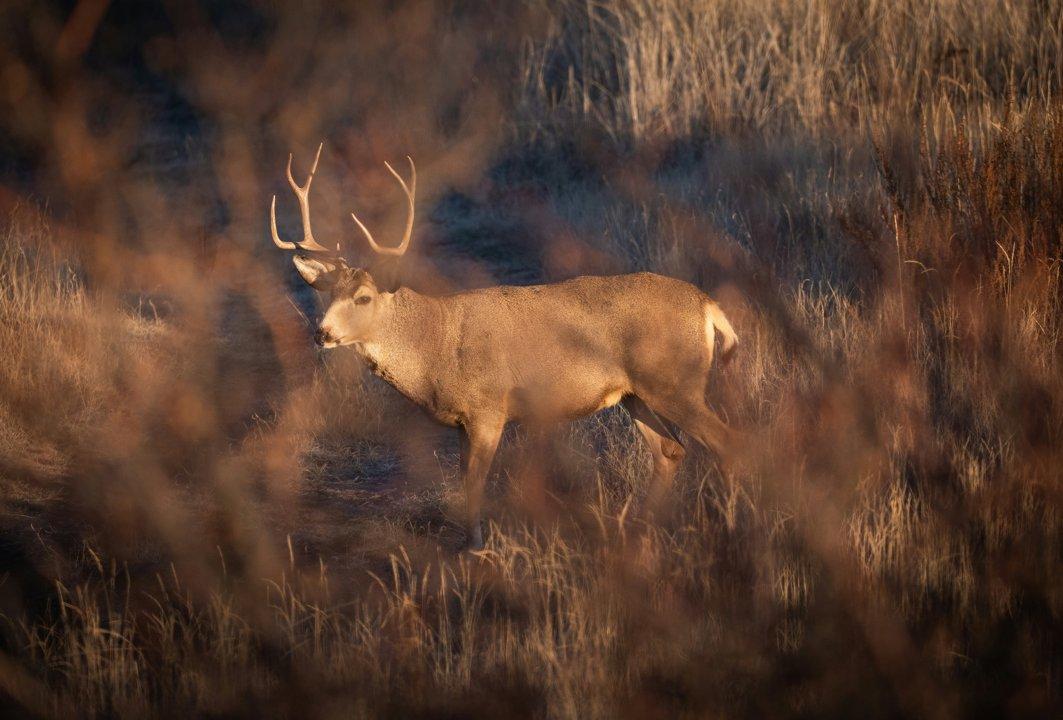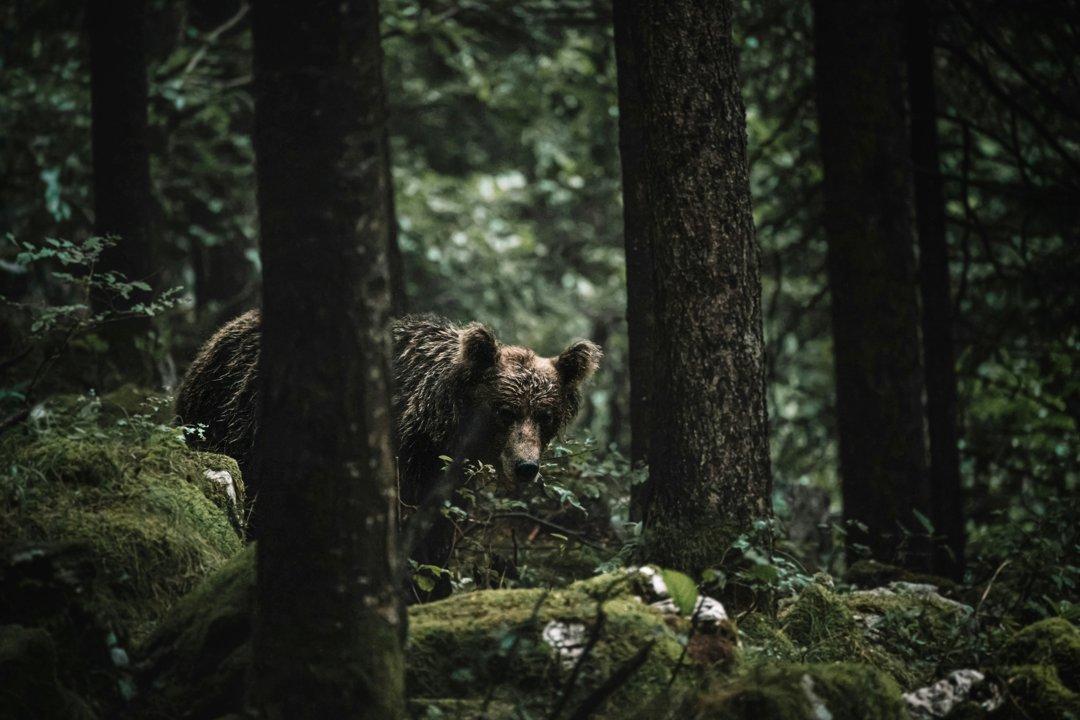Post
Outrage as Trophy Hunters Kill Rare Animal: Global Debate on Trophy Hunting Intensifies
Animal rights groups and conservationists have expressed outrage after reports confirmed that trophy hunters killed a rare animal during an organized hunt in the United States. The incident, which took place in late September 2025, has reignited fierce debate over the ethics of trophy hunting, its impact on endangered species, and the role of hunting tourism in wildlife management. 🦁 The Incident That Sparked Global Anger According to local reports, the animal—described as a rare big‑game species—was shot and killed by a group of trophy hunters who had paid thousands of dollars for the hunt. - The hunt was legally sanctioned under existing state regulations. - Images of the hunters posing with the carcass quickly spread online, fueling public outrage. - Animal welfare organizations condemned the act as “barbaric” and “out of step with modern conservation values.” The controversy mirrors previous international scandals, such as the killing of Cecil the Lion in Zimbabwe in 2015, which triggered worldwide condemnation of trophy hunting practices. 📸 Social Media Backlash Within hours of the images being shared, social media platforms were flooded with criticism. - Hashtags like #BanTrophyHunting and #ProtectWildlife trended globally. - Celebrities, environmental activists, and political figures joined the chorus of condemnation. - Online petitions demanding stricter hunting laws in the U.S. and abroad gathered tens of thousands of signatures in just a few days. The viral nature of the outrage underscores how trophy hunting incidents resonate far beyond local communities, sparking international debates on ethics, conservation, and tourism. 🌍 Trophy Hunting in the United States The U.S. is home to a significant trophy hunting industry, particularly in states with large populations of elk, deer, bears, and exotic game on private ranches. - Each year, thousands of hunters—both domestic and international—spend millions of dollars on guided hunts. - Supporters argue that regulated hunting generates revenue for conservation programs and rural economies. Critics counter that the killing of rare or iconic animals undermines conservation goals and damages the country’s international reputation. 🧬 Conservationists vs. Hunters: The Ethical Divide The debate over trophy hunting is deeply polarized: - Pro‑hunting advocates claim that fees from trophy hunts fund habitat restoration, anti‑poaching patrols, and wildlife research. - Animal rights groups argue that killing animals for sport is inherently unethical, regardless of financial contributions. Scientific studies show mixed results: while some programs have successfully used hunting revenue for conservation, others have been plagued by corruption and mismanagement. 💰 The Economics of Trophy Hunting The trophy hunting industry is estimated to generate hundreds of millions of dollars annually worldwide. In the U.S.: - Guided hunts for rare species can cost anywhere from $10,000 to $50,000. - Rural communities often rely on hunting tourism for seasonal income. However, critics argue that wildlife watching and eco‑tourism generate far more sustainable revenue without killing animals. 🦓 International Context Trophy hunting is not just an American issue. - In Africa, countries like South Africa, Namibia, and Tanzania allow regulated hunts of lions, elephants, and rhinos. - In Europe, Spain and Eastern European nations host trophy hunts for ibex, red deer, and wild boar. - The U.K. has debated bans on the import of hunting trophies, with legislation pending in Parliament. - The latest U.S. incident adds fuel to global campaigns calling for stricter international regulations. ⚖️ Calls for Policy Change Animal welfare organizations are urging lawmakers to take action: - Proposals include banning trophy imports, restricting permits for rare species, and increasing penalties for illegal hunts. - Several U.S. states are considering legislation to limit or ban trophy hunting of certain animals. - International NGOs are pressuring governments to close loopholes that allow hunters to bypass restrictions. 🔎 Conclusion The killing of a rare animal by trophy hunters in the U.S. has reignited a global debate that shows no signs of fading. While supporters of regulated hunting emphasize its economic and conservation benefits, critics argue that the practice is outdated, unethical, and damaging to biodiversity. As public outrage grows, policymakers face mounting pressure to reconsider the role of trophy hunting in modern wildlife management. Whether this incident will lead to meaningful reform remains to be seen, but one thing is clear: the clash between tradition, economics, and ethics in hunting is intensifying.
James Brown
No comments yet
See other posts USA: all about hunting and fishing, news, forum.

Arkansas Alternative Firearms Deer Hunting Season Opens October 2025: What Hunters Need to Know Arkansas hunters are preparing for the start of the state’s alternative f
an hour ago

Black Bear Fatally Mauls Camper in U.S. Wilderness: Tragedy Sparks Renewed Debate on Wildlife Safety A tragic incident in early October 2025 has left the outdoor communi
2 hours ago

Nationwide Decline in Doe Harvest Raises Concerns for Deer Management in 2025 Wildlife experts and conservation leaders are sounding the alarm: hunters across the United
13 October 13:22

Colorado Suspends Hunts on Federal Lands Amid Government Shutdown: What Hunters Need to Know The 2025 federal government shutdown has forced Colorado to suspend hunting
6 October 14:15

Chronic Wasting Disease Confirmed in Michigan’s Genesee County for the First Time The Michigan Department of Natural Resources (DNR) has confirmed the first case of Chro
5 October 20:41
UH.APP — Social media network and application for hunters